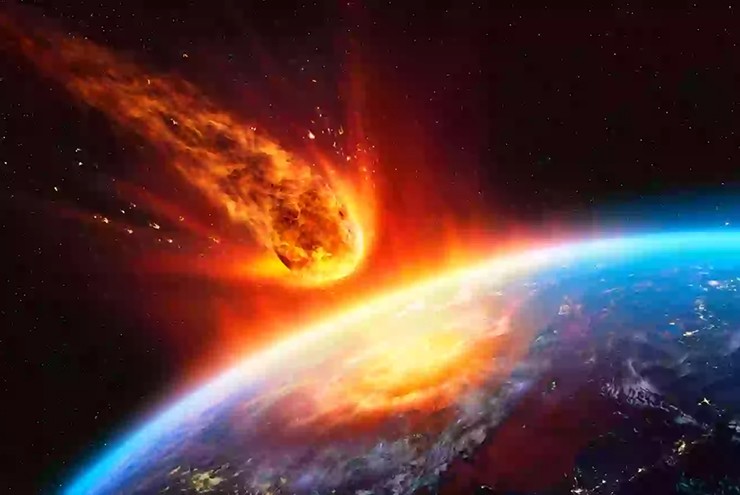Asteroid 2024 YR4's risk of colliding with Earth is increasing
The asteroid is between 40 and 100 metres in size, about the height of the Statue of Liberty. It is currently about 43.5 million kilometres from Earth and could cause a catastrophe if it collides with our planet.

The probability of 2024 YR4 impacting Earth has increased from 1.2% to 2.3%.
Experts have previously said the chance of impact was just 1.2% and that they were 'not worried at all' about the possibility. Paul Chodas, director of NASA's Center for Near-Earth Object Studies (CNEOS), said 'there's a 99% chance it will miss'. David Rankin, an asteroid researcher, also stressed that 'people shouldn't worry about this right now' because the chance of impact is still very low.
However, according to information from NASA, the possibility of asteroid 2024 YR4 colliding with Earth within the next 7 years has increased to 2.3%. With this increased possibility of collision, 2024 YR4 becomes a notable asteroid.
Researchers say the asteroid will make its closest pass to Earth on December 2, 2032. Although the chances of causing damage are low, scientists are keeping a close eye on it to better understand its trajectory. 'As more observational data becomes available, the likelihood of an impact is expected to decrease,' said Dr Shyam Balaji from King's College London.

Image of asteroid 2024 YR4.
NASA and ESA are actively tracking and adjusting the orbit of asteroid 2024 YR4, but Dr. Balaji warns that the asteroid will become too dim to observe from Earth after April 2025 and will not be visible again until 2028. This makes it difficult to fine-tune its orbit in the short term. Scientists hope to make progress in tracking the asteroid in the coming months.
You should read it
- ★ Interesting discoveries about asteroids in the solar system
- ★ A meteor with a speed of 32,000 km / h is approaching Earth's orbit
- ★ 'City killer' 610 m rushes to Earth, can be seen tonight
- ★ Detecting an asteroid the size of an olympic swimming pool, topping the list of Earth collision risk
- ★ A more than 4-kilometer asteroid is about to cross the Earth with the closest distance ever reached